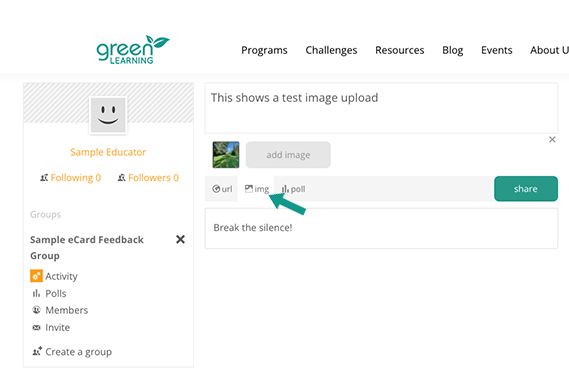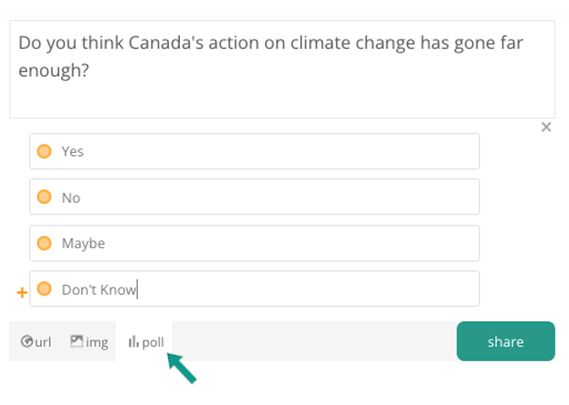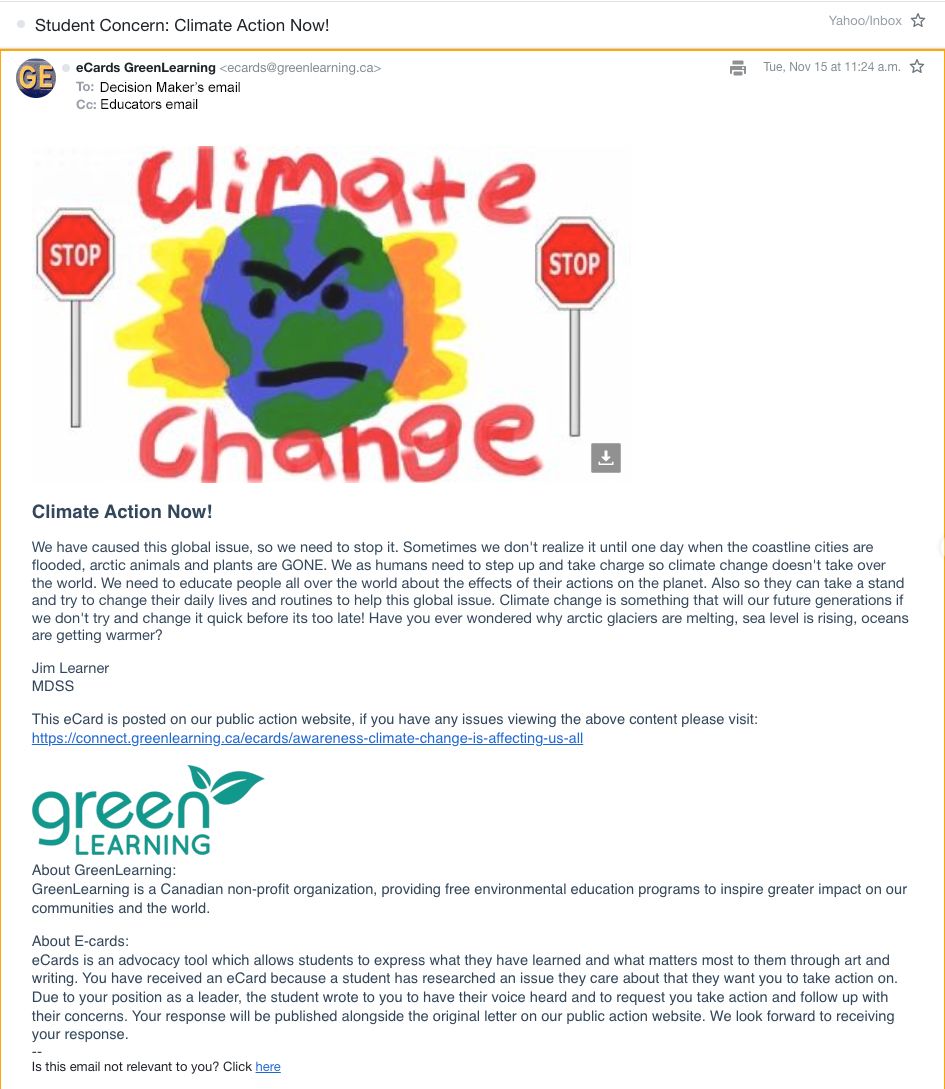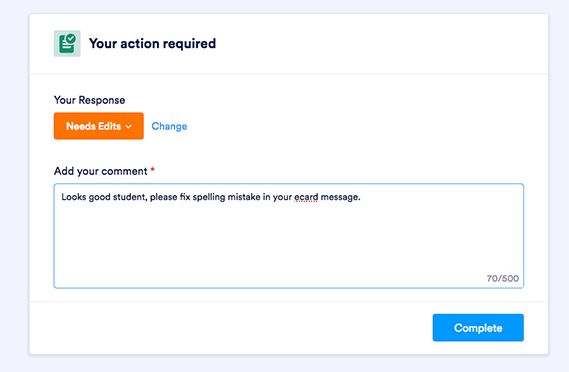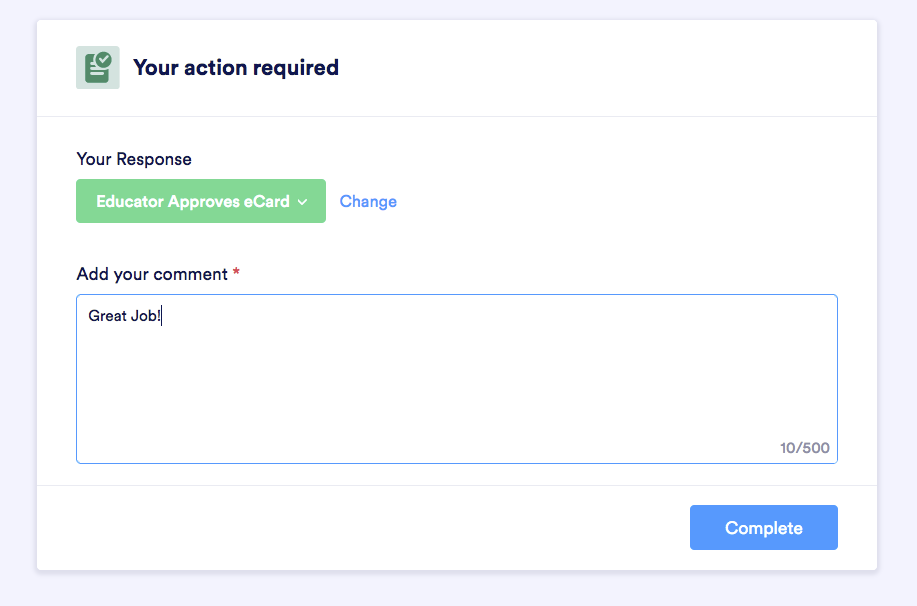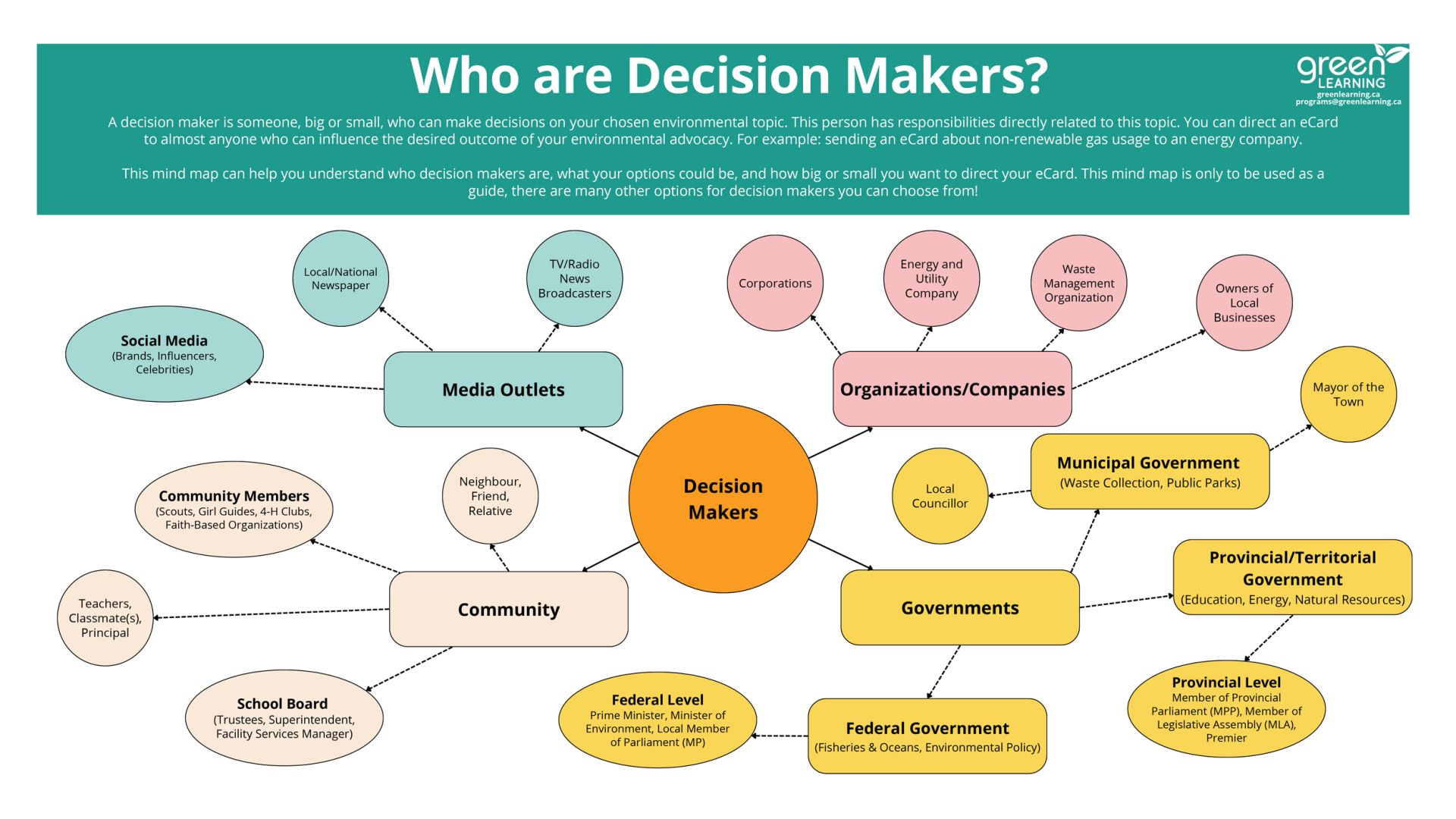2021 Climate Policy Quest
Challenge Submission Showcase
A Climate Policy Quest, the Climate Policy Quest Challenge takes students on a journey to discover how policy is used to build a low carbon future. With no perfect solution, these innovative policies propose real changes that empower youth to become informed and active citizens for tackling climate change.
Second Place - Crescent Heights High School, Grade 10 Science
Calgary, Alberta
Calgary, Alberta
In order to allow Ms. Buchan's students to be evaluated amongst their peers, her students' 2020 projects were accepted in the 2021 challenge submission.
Completing the Decoding Carbon program and challenge throughout the first wave of remote learning during the COVID-19 Pandemic, Ms. Buchan's students were able to creatively present a number of innovative policy solutions.
The students' extremely comprehensive policies focused primarily on mitigation measures for limiting the causes of climate change and offered a balanced perspective on how climate policy affects different sectors, especially the fossil fuel industry. Students were creative and innovative in presenting their policies, even including some immediate calls to action and links, such as donating to a relevant cause.
Completing the Decoding Carbon program and challenge throughout the first wave of remote learning during the COVID-19 Pandemic, Ms. Buchan's students were able to creatively present a number of innovative policy solutions.
The students' extremely comprehensive policies focused primarily on mitigation measures for limiting the causes of climate change and offered a balanced perspective on how climate policy affects different sectors, especially the fossil fuel industry. Students were creative and innovative in presenting their policies, even including some immediate calls to action and links, such as donating to a relevant cause.
Write your awesome label here.
Write your awesome label here.
Write your awesome label here.
Kelowna Secondary School, Grade 11 and 12 Environmental SciencesKelowna, British Columbia
This year, 25 of Ms. Margett’s grade 11 and 12 Environmental Science students participated in a ‘Mock Climate Summit,’ where they took on the role of politicians, activists, oil executives and more, to explore the options, solutions and perspectives to climate policy in Canada. Students built on each others’ knowledge by exploring different climate policies and sharing their findings with their peers. Using this knowledge and a combination of the Pembina Institute and EnROADS Climate Policy Simulators, students grouped together to experiment and propose a climate policy solution that would put Canada on track to reach our Paris Climate Agreement targets. Each group presented their work, which focused primarily on mitigation measures, and as a class, they voted on the top policy.
Focusing primarily on mitigation and energy efficiency, the peer-elected winners from Ms. Margett's class, proposed to increase the clean energy standard, carbon tax, and conservation of forests, while also proposing rebates and subsidies to promote electric vehicle adoption and the use of energy-efficient products. Highlighting both the direct and indirect economic benefits of their policies, Group 1’s climate policy proposal would decrease Canada’s GHG emissions 58.51% by 2050.
Focusing primarily on mitigation and energy efficiency, the peer-elected winners from Ms. Margett's class, proposed to increase the clean energy standard, carbon tax, and conservation of forests, while also proposing rebates and subsidies to promote electric vehicle adoption and the use of energy-efficient products. Highlighting both the direct and indirect economic benefits of their policies, Group 1’s climate policy proposal would decrease Canada’s GHG emissions 58.51% by 2050.
Write your awesome label here.
Write your awesome label here.
Write your awesome label here.
Newmarket High School, Grade 10 ScienceNewmarket, Ontario
With a goal to meet Canada’s Paris Climate Agreement targets by creating greener communities, Mr. Thompson’s grade 10 Science class proposed a policy that focuses on improving transportation and city design. Incorporating policies they explored from around the world, such as Norway’s Climate Policy, their policy would implement a gradual electrification of both private and public transportation. Through adaptive measures, such as biking and walking, and mitigation measures, such as increased green infrastructure, their proposed policy would reduce the greenhouse gas emissions in cities across Canada.
Write your awesome label here.
Write your awesome label here.
Write your awesome label here.
First Place - Queen Margaret's School, Grade 12 Physical GeographyDuncan, British Columbia
While Ms. Lorusso's entire class participated in the Decoding Carbon Program, this submission reflects the proposal and work of one student, Katia Bannister.
Sparked by the impact of afforestation and deforestation noticed in the climate policy simulator, Katia created a scalable Restorative Community Development Policy to ensure sustainable urban development. Acknowledging the importance of collaboration, integration and intersectionality in mitigating the impacts of climate change, her innovative policy proposes solutions for carbon sequestration and emission reductions in communities and municipalities with a two-pronged approach.
First, the policy ensures that newly proposed development projects are informed by a diverse set of community voices, such as Indigenous People and youth.
Second, the policy mandates that for every new square metre of
First, the policy ensures that newly proposed development projects are informed by a diverse set of community voices, such as Indigenous People and youth.
Second, the policy mandates that for every new square metre of
land developed, another square meter of land must be restored, remediated or reshaped through green and sustainable urban development and ecological restoration.
Write your awesome label here.
Write your awesome label here.
Write your awesome label here.
Third Place - Robert Thirsk High School, Natural Science 30 Calgary, Alberta
Mr. Lake's student approached their policy as a restoration story where their policies will lead to the reduction in greenhouse gas emissions while also providing guidance to repair and find a new balance with the natural world. Their policy highlights the importance of diverse perspectives, such as Indigenous Peoples and youth, and emphasizes the importance of climate education in the curriculum.
Seeking a way to use their voice and take charge of the climate narrative, the students joined a number of environmental action projects. Through these initiatives, they were able to work with other students in Alberta and were exposed to a variety of experts and perspectives in the energy and agriculture world. Some of the ongoing initiatives at Robert Thirsk include a new greenhouse, a carbon capture project with a local company and an interactive weather station.
Seeking a way to use their voice and take charge of the climate narrative, the students joined a number of environmental action projects. Through these initiatives, they were able to work with other students in Alberta and were exposed to a variety of experts and perspectives in the energy and agriculture world. Some of the ongoing initiatives at Robert Thirsk include a new greenhouse, a carbon capture project with a local company and an interactive weather station.
Write your awesome label here.
Write your awesome label here.
The Decoding Carbon Challenge is made possible by the generous support of our funders:
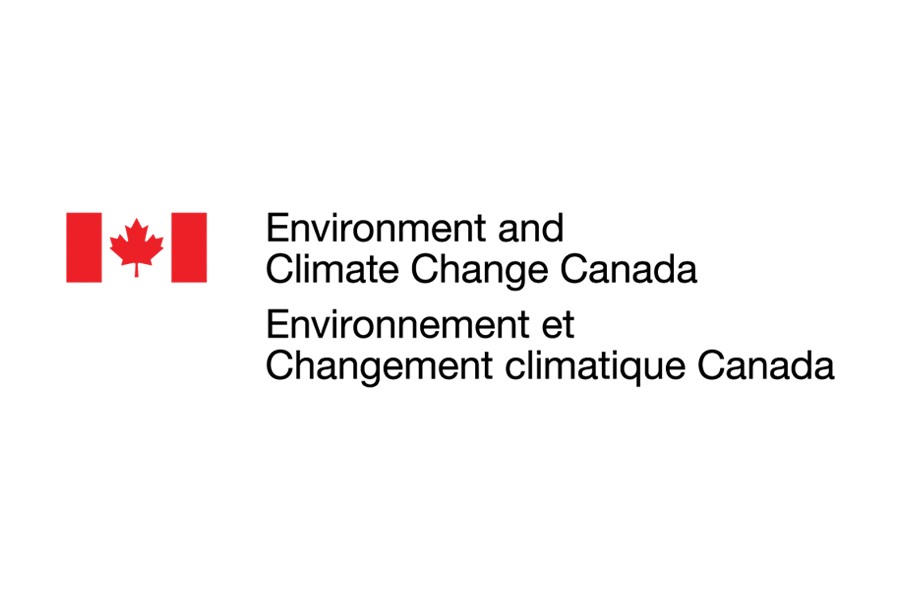
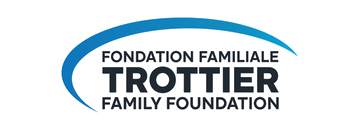
GreenLearning
creates free education programs about energy, climate change and green
economy that engage and empower students to create positive change.
Explore
Get Involved
© 2024 GreenLearning. All rights reserved.


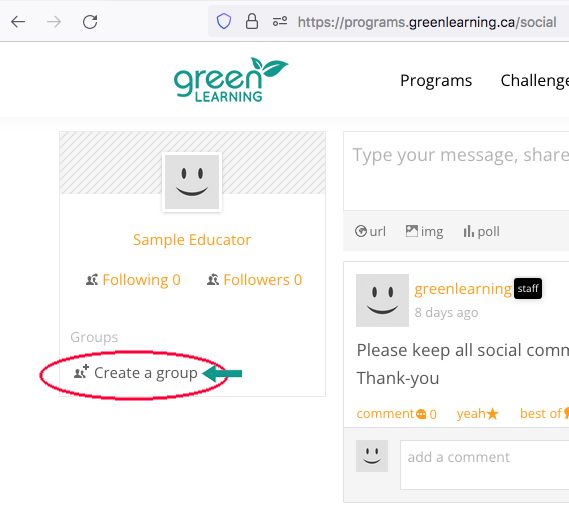


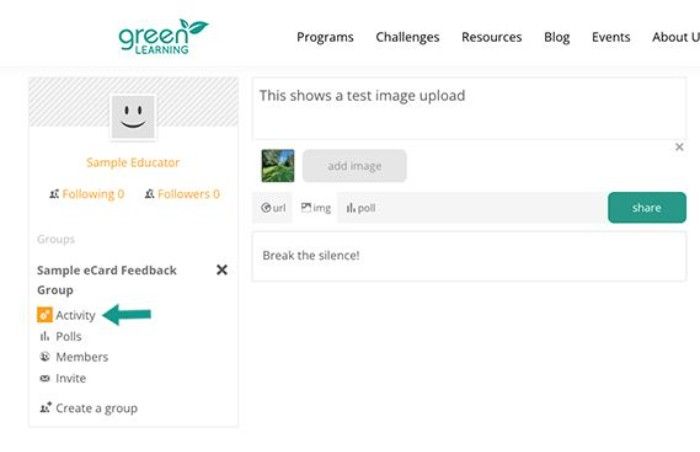
Activity link under private class group.
